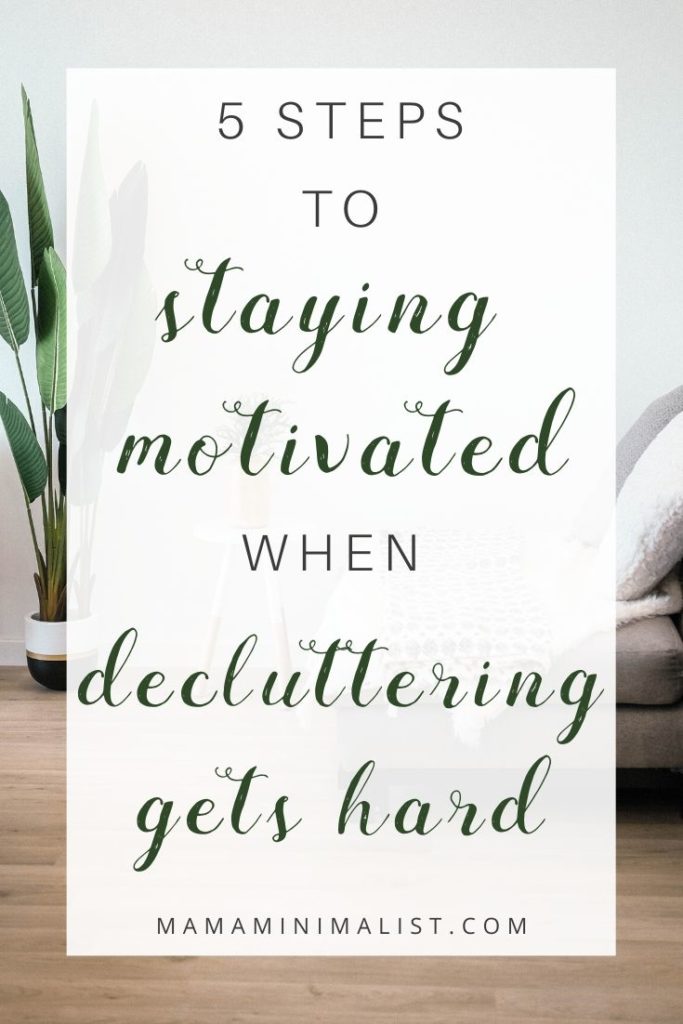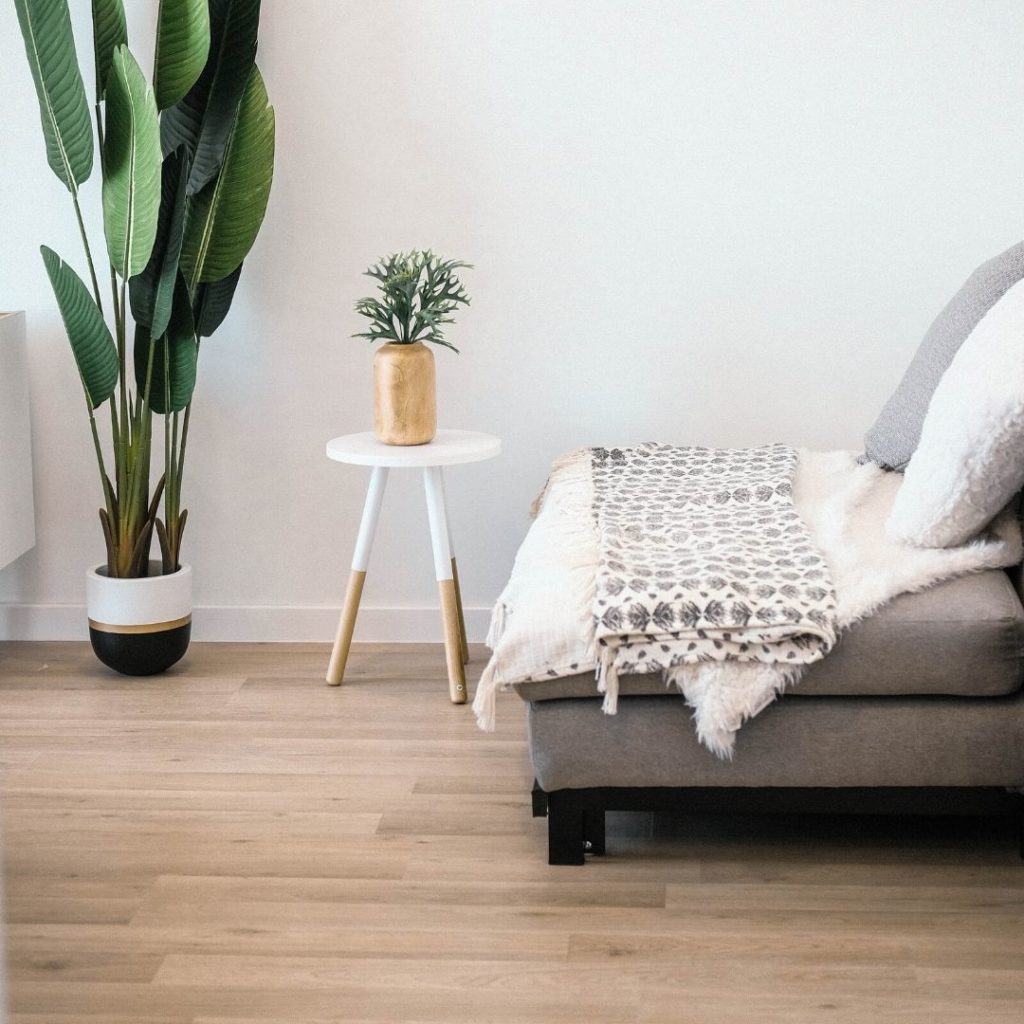Decluttering Motivation for When the Job Gets Hard
Decluttering motivation for when the job gets hard
It happens to all of us: We embark on a major tidying endeavor but lose decluttering motivation. As a result, the job remains half-done.
We are enticed by the countless benefits of a minimalist home including less stress, more free time + fewer items to clean.
The problem is, though, that the act of decluttering induces stress, sucks up free time + requires hours of work.
Below, Melissa Russell offers 5 practical steps for staying motivated when decluttering gets hard so that you, too, can reap the benefits of tidy simplicity.
Step 1: Make a plan.
It’s sad but true: You will lose your decluttering motivation unless you make decluttering a priority.
– Make appointments with your home. Schedule decluttering sessions on your calendar; this way, you’re less likely to blow them off.
– Schedule time on the backend to dispose of your unwanted items, too. Responsibly discarding + donating your stuff requires just as much time as the actual act of decluttering, so reserve some energy for the end.
Step 2: Make it fun.
It’s all about mindset. Decluttering doesn’t have to be stressful!
– Join a challenge group online. #minsgame is a popular one.
– Make it into a game. Set a timer + see how much progress you can make in just 20 minutes.
– Make it competitive. Enlist the help of your spouse + older children; whomever declutters the most in 10 minutes chooses the night’s dinner.
– Find a decluttering buddy. Similar to an exercise buddy, a friend who’s interested in decluttering will keep you motivated and accountable.
– Reward yourself. Keep your eye on the prize, so to speak, by visualizing a reward of your choice once you’ve completed the task. (Helpful hint: Don’t choose a reward that’s actually more clutter. Reward yourself with an experience, instead.)
– Set the mood. Make a playlist with your favorite music + jam along while you declutter.
Step 3: Find decluttering motivation by starting in the easiest room.
Strengthen your decluttering muscles slowly.
– Start in an easy space that’s free of excessive clutter or sentimental attachments such as a bathroom or the pantry.
– By starting simple you’ll enable yourself to gradually gain the skills needed to tackle a more daunting space down the road.
Step 4: Do a little bit every day.
When it comes to decluttering, consistency is more important than intensity.
– Declutter in 10 minute increments + watch your efforts add up.
Step 5: Make decluttering a habit.
Incorporate decluttering maintenance into your daily routine.
– As you’re doing the dishes or folding the clothes, keep an eye out for items you don’t use or need.
– Be on the lookout for things you can responsibly unload as you move about your day.



